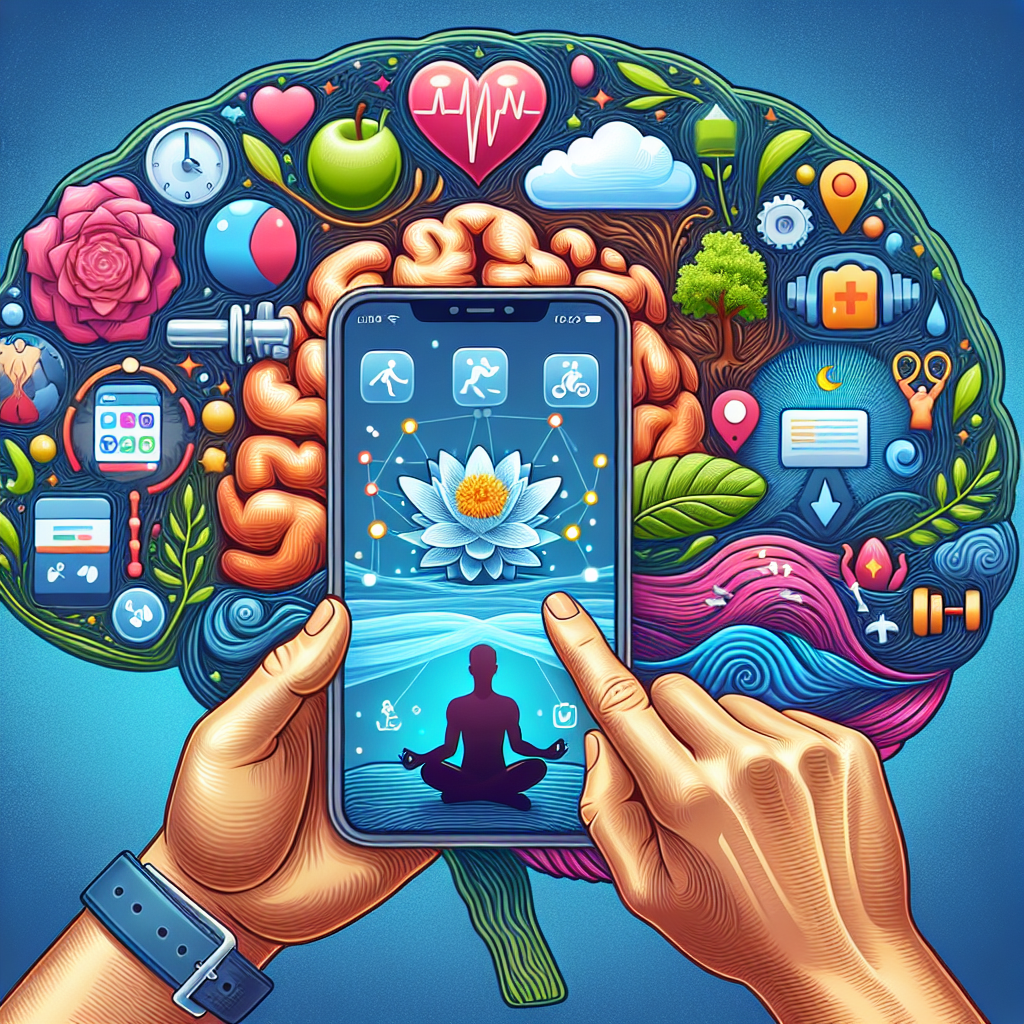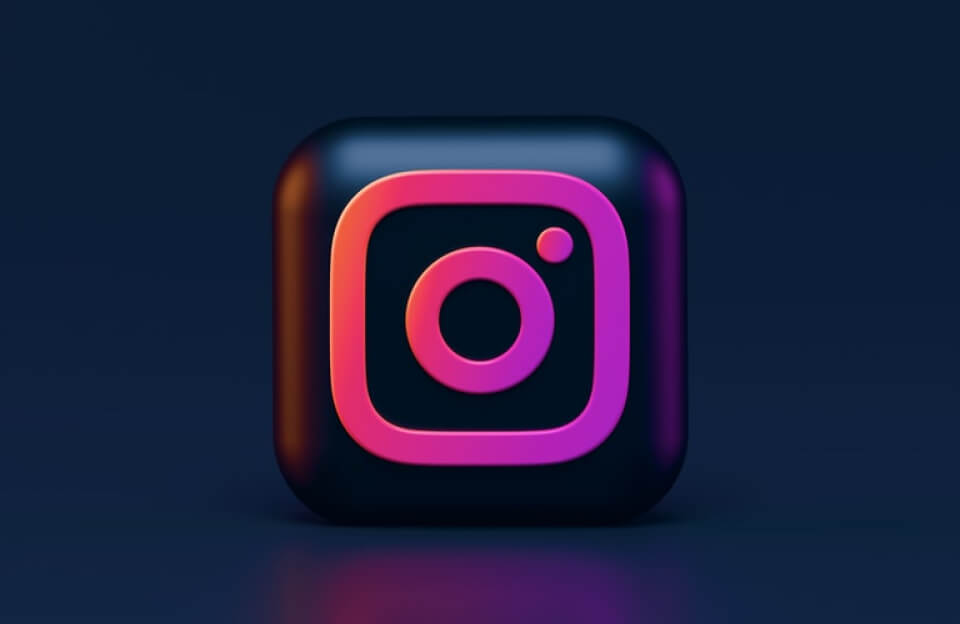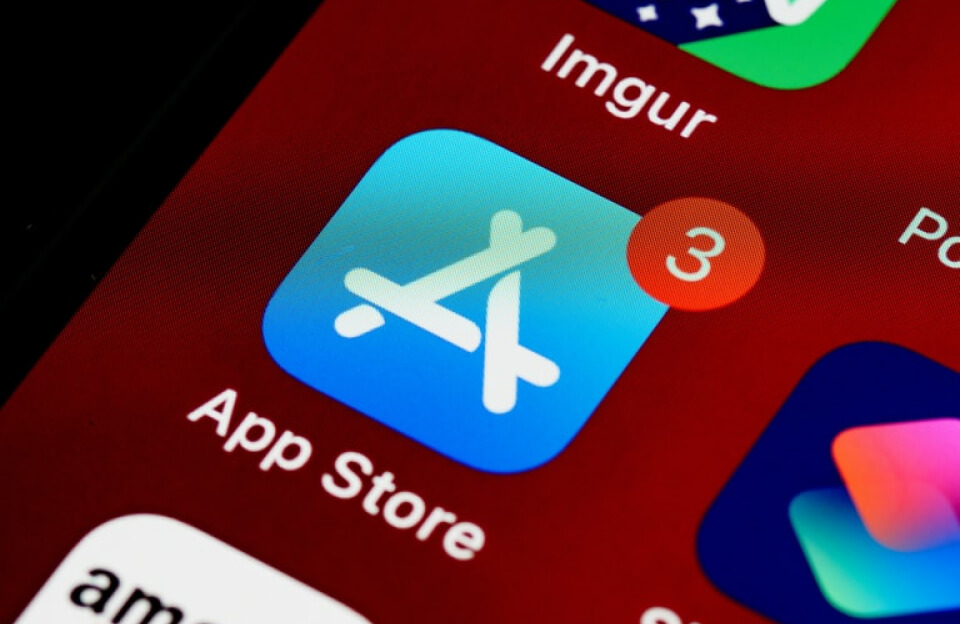In our fast-paced, technology-driven world, the way we approach mental health and well-being is rapidly evolving. With the rise of smartphone usage and the increasing focus on self-care, mental health apps have been gaining popularity as a convenient and accessible way to manage and improve mental health. These apps offer a variety of features, from mindfulness exercises to mood tracking tools, that can help users better understand and improve their mental well-being. In this article, we will explore how mental health apps are revolutionizing the way we manage our well-being.
Introduction:
In recent years, there has been a growing awareness and acceptance of mental health issues, and a shift towards prioritizing mental well-being as an integral part of overall health. This shift has been further accelerated by the COVID-19 pandemic, which has brought to light the importance of mental health and self-care in times of crisis. As a result, there has been a surge in the use and development of mental health apps, with users turning to technology to help them cope with stress, anxiety, and other mental health challenges.
The Rise of Mental Health Apps:
Mental health apps come in various forms and offer a wide range of features to help users manage their mental well-being. Some apps focus on providing guided meditation and mindfulness exercises, while others offer cognitive-behavioral therapy (CBT) techniques or mood tracking tools. These apps can be accessed anytime, anywhere, making it easier for users to incorporate mental health practices into their daily routines.
According to a recent report by Statista, the global mental health apps market is projected to reach $3.3 billion by 2025, growing at a compound annual growth rate of 20.5%. This growth highlights the increasing demand for digital mental health solutions and the potential for these apps to revolutionize the way we approach mental well-being.

Expert Insights:
Dr. Sarah Johnson, a clinical psychologist specializing in digital mental health interventions, believes that mental health apps have the potential to reach a wider audience and provide support to individuals who may not have access to traditional mental health services. She notes, “Mental health apps can be a valuable tool for promoting self-care and empowering individuals to take control of their mental well-being. However, it is important to ensure that these apps are evidence-based and adhere to ethical guidelines to ensure their effectiveness.”
Challenges and Opportunities:
While mental health apps offer many benefits, there are also challenges that need to be addressed. Privacy and data security are major concerns, as users may be hesitant to share sensitive information about their mental health with app developers. Additionally, the effectiveness of mental health apps varies widely, with some apps lacking scientific evidence to support their claims.
Looking Ahead:
As mental health apps continue to evolve and improve, the future looks promising for digital mental health interventions. Advances in artificial intelligence and machine learning are being leveraged to personalize interventions and make them more effective for individual users. Additionally, the integration of wearable devices and sensors could offer new ways to monitor and track mental health indicators in real-time.
In conclusion, mental health apps are transforming the way we manage our well-being by providing convenient and accessible tools to support mental health. With continued innovation and research in this field, mental health apps have the potential to revolutionize the way we approach mental health and promote well-being for all.


